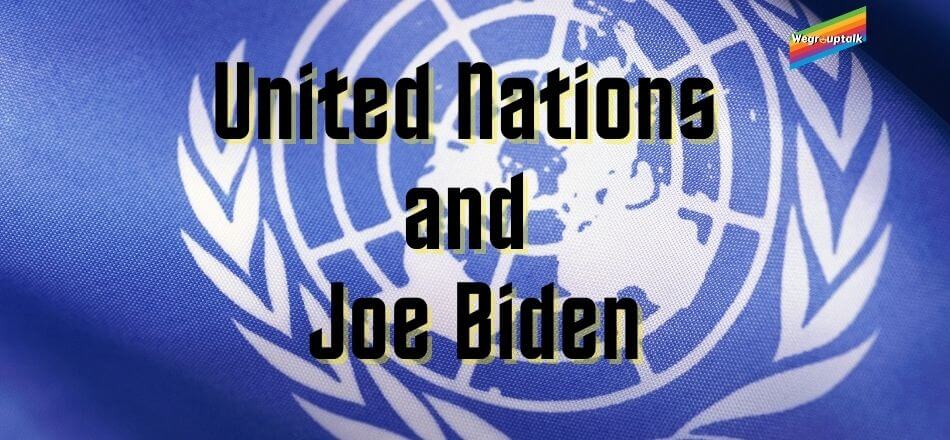United nations has been working for the benefit for everyone from a very long time. All of us know that the USA has a major contribution in the funding of USA. So now after 2020 elections, what does it mean for United Nations?
I hope you all must be updated about the recent win of Joe Biden in U.S. 2020 elections. I think that man deserved to win, the country the whole world wanted and needed a change to see a change and a change be felt. 2020 has been a not so good year. Still, one of the good things that came out of the year, in my opinion, is the win of Joe Biden in the presidential elections of the United States of America. Let’s see what he has up in his to-do list for his country. Let’s hope that whatever happens, happens in goodwill for the world.
In his wise words, Shaw once said, “An election is a moral horror, as bad as a battle except for the blood; a mud bath for every soul concerned in it.”
What changes are expected?
The victory of Joe Biden in the U.S. presidential election, beating Donald Trump, the incumbent conservative populist, could mark the beginning of a drastic change in America’s attitude towards the world. But does that mean that things are returning to normal? The veteran Democratic politician, who will assume office in January 2021, has vowed that the planet will be a safe pair of hands. He promises to make America’s allies more cooperative than Trump, tougher on autocrats, and better for the world. The foreign policy world, however, can be much more complex than he recalls.
Since Biden was last in the White House as former President Obama’s Vice President, something has changed. America’s enemies are more entrenched, some goaded by Trump, others allowed by him. Russian President Vladimir Putin, Chinese President Xi Jinping, North Korean leader Kim Jong Un and others have taken advantage of Trump’s greed and mollycoddled his ego, thus reaping their gains. Some are now essentially life-long leaders. Biden aims to be different, undo some of Trump’s more divisive climate change policies, and partner with America’s allies more closely.
On China, he says that by co-opting rather than bullying allies as Trump did, he will continue Trump’s tough line on immigration, intellectual property theft and coercive trade practises. On Iran, he promises that if Tehran complies with the international nuclear deal that he oversaw with Obama, but which Trump rejected, it would have a way out of sanctions. And with NATO, by vowing to attack fear in the Kremlin, he is already trying to restore trust.
But now, coming on to the topic, what does Joe Biden’s win mean for U.N.? First, I would want to give you a slight glimpse of what the organisations are.
United Nations
The United Nations (U.N.) is an intergovernmental organisation that seeks to preserve international peace and security, establish friendly ties among nations, achieve international cooperation, and be a centre for harmonising nations’ actions. It is the largest, most familiar, most internationally represented and most influential intergovernmental organisation globally. The U.N. is headquartered in New York City, with its other main offices in Vienna, Geneva, Nairobi, and Hague.
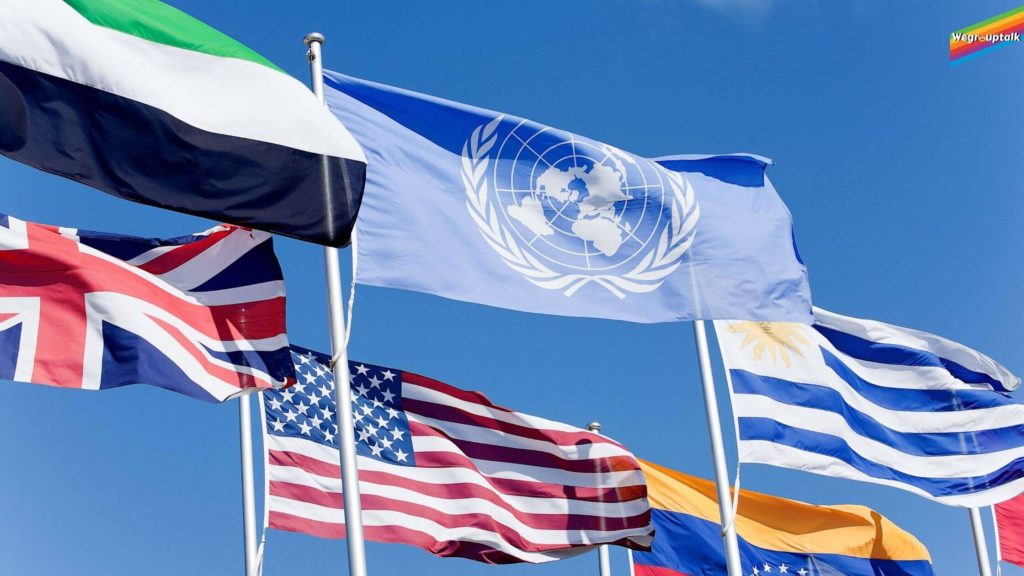
U.N. and Joe Biden
Joe Biden, with the United Nations, has a long history. He was Vice-President from 2009 to 2017 at the U.N. General Assembly, accompanying President Obama to New York for the whirlwind of high-level summits and bilateral meetings at U.N. Headquarters New York. Biden displayed a particular emphasis on U.N. peacekeeping in the later years of the Obama administration. This involves leading a 2014 summit that brought together world leaders to affirm and enhance their commitment to more effective U.N. peacekeeping. But from his tenure in the United States Senate, Biden’s most powerful imprint on the United Nations so far has come.
For a decade, from 1997 to 2007, Biden served on the Senate Foreign Relations Committee as the top Democrat. A law bearing his name provides key insight into how President Biden will organise America and the United Nations’ relationship. The “Helms-Biden” Law has guided America’s relationship with the United Nations over the last twenty years.
The “Helms-Biden Law” was the product of a crisis imposed by Congressional Republicans who declined to pay U.S. dues to the United Nations. The United Nations finances its operations from the payment of member states’ dues. Each member state is obliged to pay at the rate agreed between countries. The sum is approximately associated with their economies’ scale. In the late 1990s, Republicans declined to make America’s dues contributions to the United Nations sufficient, insisting on some changes to the United Nations and reducing the U.N. budget’s U.S. share.
North Carolina’s arch-conservative (and very racist) senator, Jesse Helms, led the charge. Soon, almost one billion dollars, the United States was collecting large arrears. Richard Holbrooke, then U.S. Ambassador to the United Nations, secured an agreement with other United Nations member states to reduce America’s dues payments slightly in the future. At the same time, Joe Biden leaned on Helms to release back dues in the billions of dollars. This performed in the U.S. Senate, the “Helms-Biden” bill was passed overwhelmingly, and America’s arrears were compensated. The hope was that once again, the United States would not become a deadbeat at the U.N. Still, there was one issue, especially for U.N. Peacekeeping.
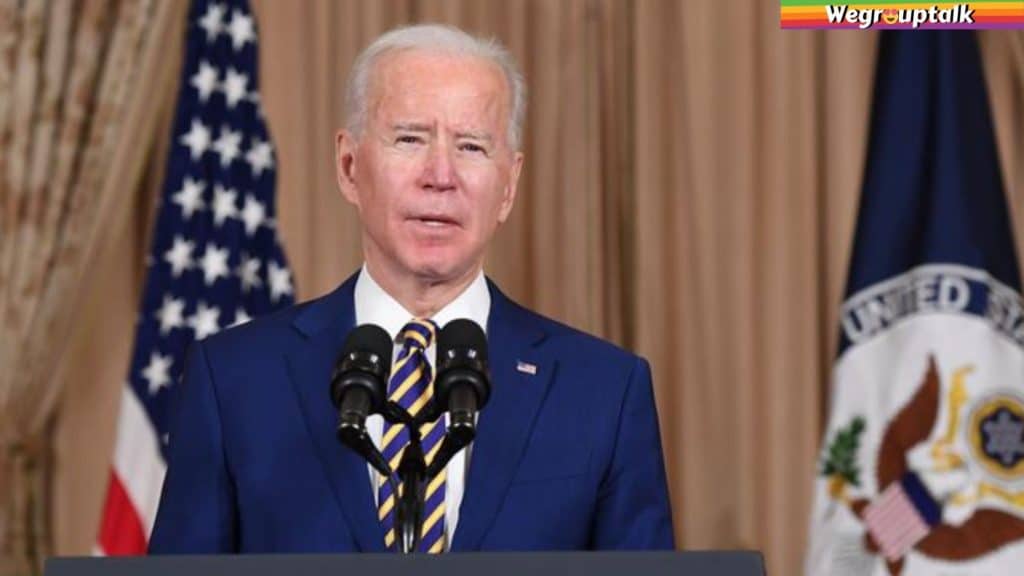
Holbrook won an agreement at the U.N. that the U.S. would contribute about 27 per cent of U.N. peacekeeping cost as part of the Helms-Biden contract. But Congress passed a law in the mid-1990s placing an arbitrary cap” on US-UN peacekeeping payments, specifying that the United States should not contribute more than 25% of the cost of U.N. peacekeeping. Congress would work with the State Department to raise the limit for several years as part of the Helms-Biden law). Still, in certain years, the 25 per cent cap was enforced, particularly in years when Republicans dominated Congress. Approximately 2% disparity in what the United States bills and what it paid resulted once again in arrears’ accumulation.
The Moment Joe Biden Wrote a U.N. Dispatch Guest Post
In July 2006, when then-Senator Joe Biden wrote a U.N. Dispatch guest blog post, this was the case. It is – Ten years ago, I was standing on the U.S. board. “The Senate introduced a bill to authorise the payment to the United Nations of almost $1 billion in back dues, which eventually became known as the “Helms-Biden rule. Securing its passage was an effort that was hard-fought but worthwhile. Unfortunately, we are in arrears with the U.N. again.
We have not paid our full contribution for over a year for their peacekeeping operations, missions in places such as Lebanon, Sudan, Haiti, the Democratic Republic of Congo, and Kosovo, which advance our national interests while sharing with other nations the human, political and financial costs of peacekeeping. Peacekeeping arrears, $117 million to date, was attributed to an obsolete cap that forbids the U.S. from spending more than 25% of the United Nations’ peacekeeping budget.
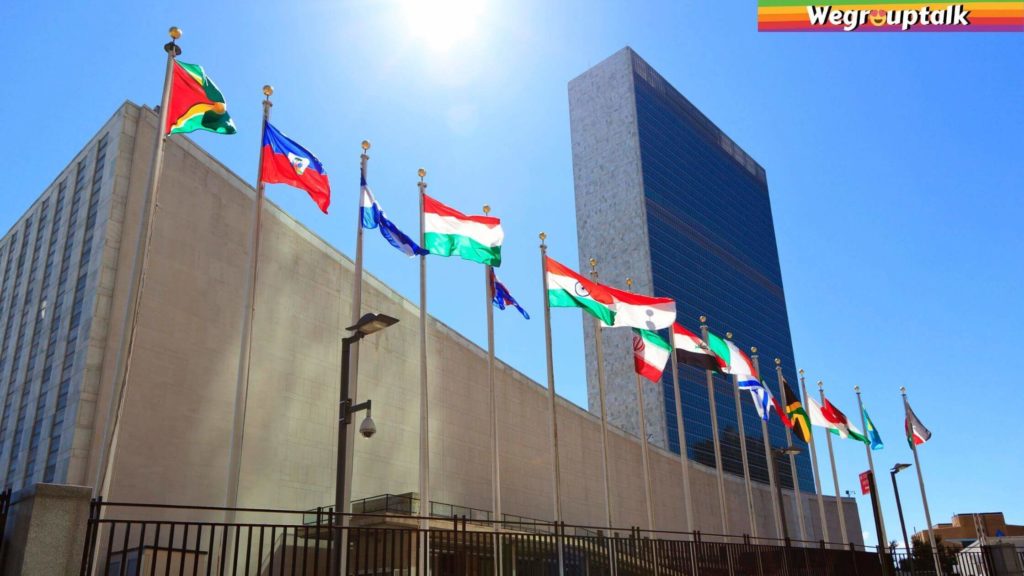
However, the United Nations bills us at just under 27 per cent (a reduction from 31 per cent, negotiated by U.S. Ambassador Holbrooke in 2000, under the terms of my legislation). These vital missions will suffer if we continue to let the arrears stand. The nations that contributed their troops as peacekeepers will begin to baulk at potential requests, and our ability to push for more U.N. reform will be diminished. That’s why I introduced a bill to address the limit and pay our arrears, S. 392, which was approved on June 27 by the Senate Foreign Relations Committee.
Ironically, although the arrears are growing, U.N. peacekeeping is also increasing in importance. If the U.N. did not carry out these operations, our over-stretched military would have to bear a much higher financial cost and responsibility. Our annual U.N. peacekeeping contributions, which fund operations in 18 war zones, are just over $1 billion, less than the expense of a week in Iraq, and less than 0.5% of our entire defence budget.
In wars that are the worst of the worst, the U.N.’s ‘blue helmets’ are practically on the front lines: defending civilians, overseeing cease-fires, clearing minefields, and disarming combatants. In the United Nations Security Council, we vote time and again and rightly support these vital missions. Our financial support should be in line with our strategy. We will not in good faith, afford to shortchange these operations. Once again, the United States has accumulated substantial United Nations peacekeeping arrears.
Congress has failed to raise this 25 percent limit since the Trump administration came to power in 2017, so the number of U.S. arrears has risen year-over-year. The United States is about $900 million in arrears to U.N. Peacekeeping as of November 2, 2020, which is fielding about 80,000 blue helmets across 13 missions worldwide. U.N. peacekeepers’ willingness to carry out their operations in many hotspots worldwide has a deleterious effect on these arrears. In some U.N. peacekeeping missions, the U.N. Secretary-General has warned of a worsening liquidity crisis, meaning that U.N. peacekeeping missions are cash strapped.
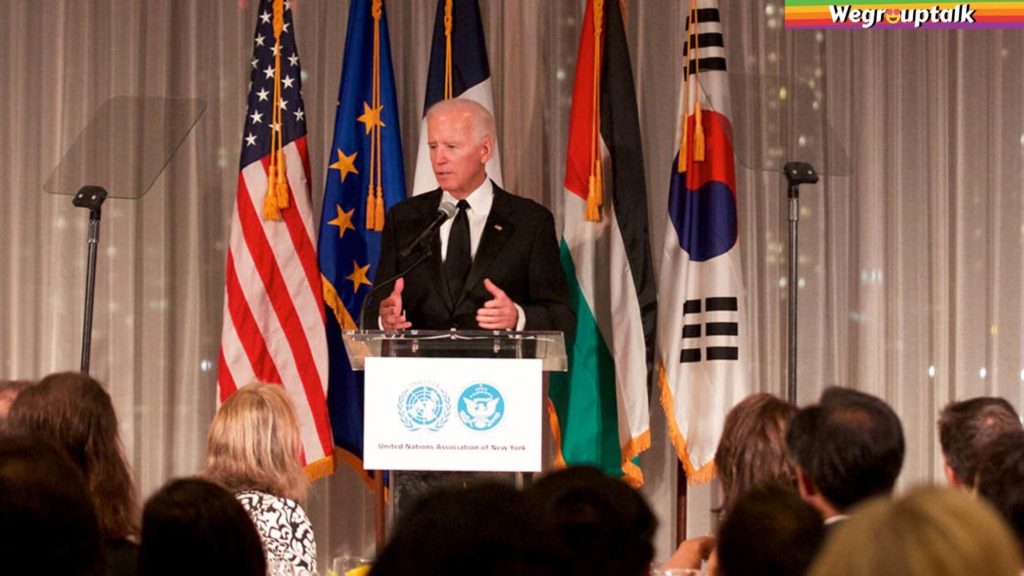
Over the past few years, recurrent cash-flow concerns resulting from the non-payment or late payment of dues from main U.N. member states (including the United States) have been a defining obstacle for the United Nations. There is a fair probability that these arrears will be compensated when Joe Biden is sworn in, and future payments will be made on time and in full. This will offer an immediate boost to the U.N.’s work worldwide and greatly strengthen the relationship between America and the United Nations, which has deteriorated during Trump’s years.
Most presidents do not go into granular information regarding the United Nation’s budgetary structures, to be sure. But Biden may be different because, after all the guiding legislation bears his name. This was all about winning Joe Biden as this world’s superpower’s president could mean for the U.N.
In the case end, I would quote Roosevelt: “An election cannot give a country a firm sense of direction if it has two or more national parties which merely have different names, but are as alike in their principals and aims as two peas in the same pod.”
Follow us on FACEBOOK, INSTAGRAM and TWITTER to stay connected.
Also, Read- What is the Paris Agreement? Why U.S. exited from it?

